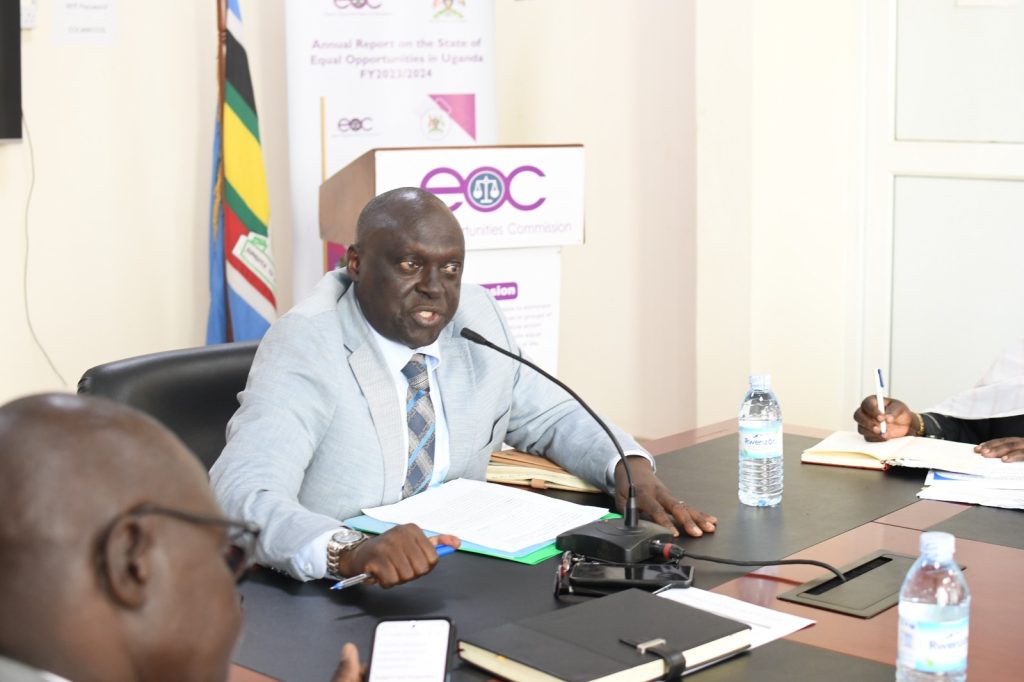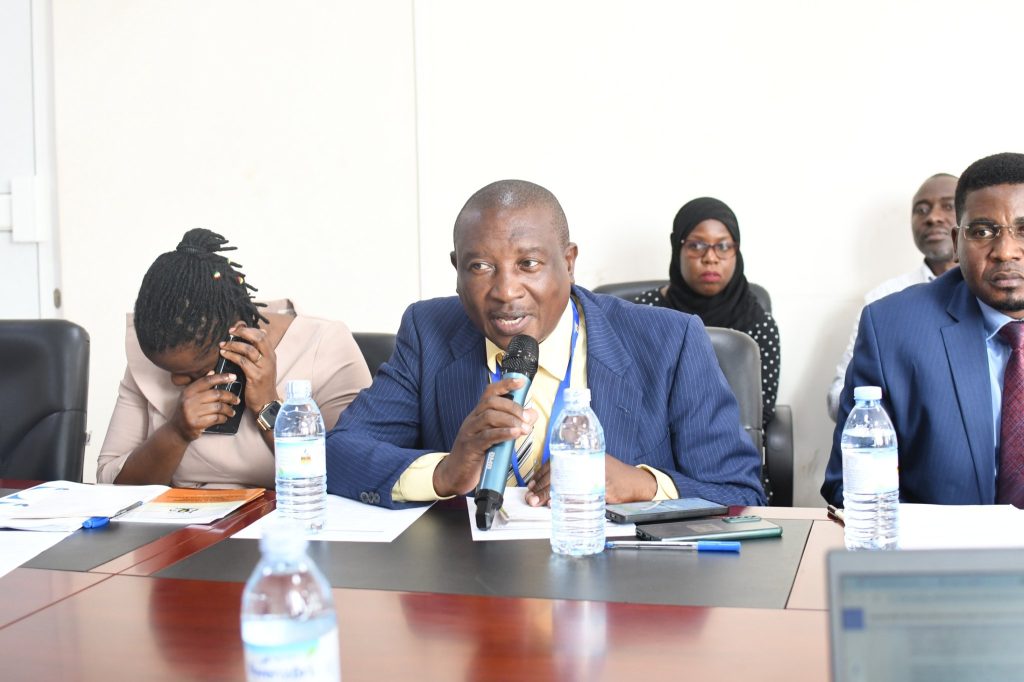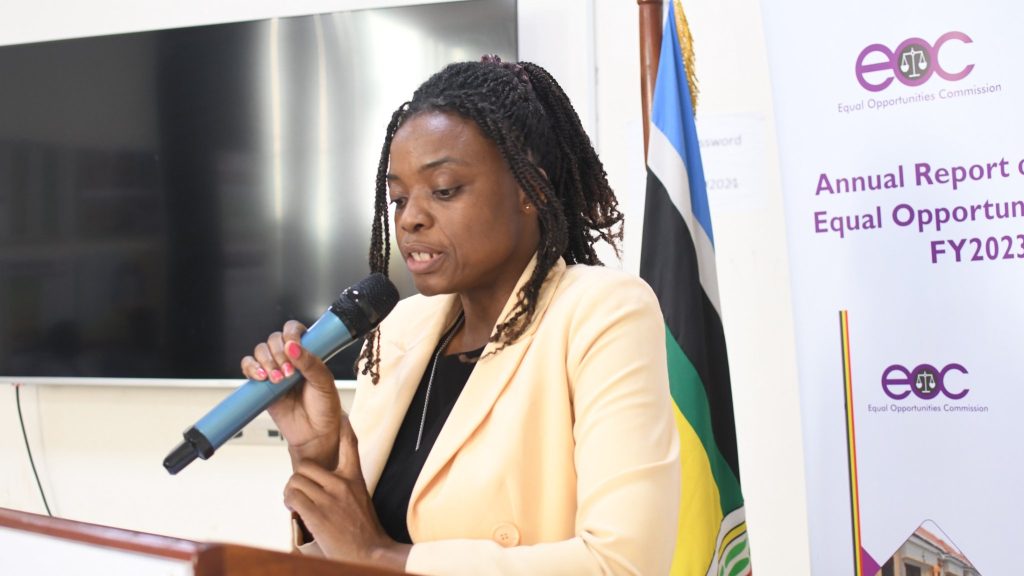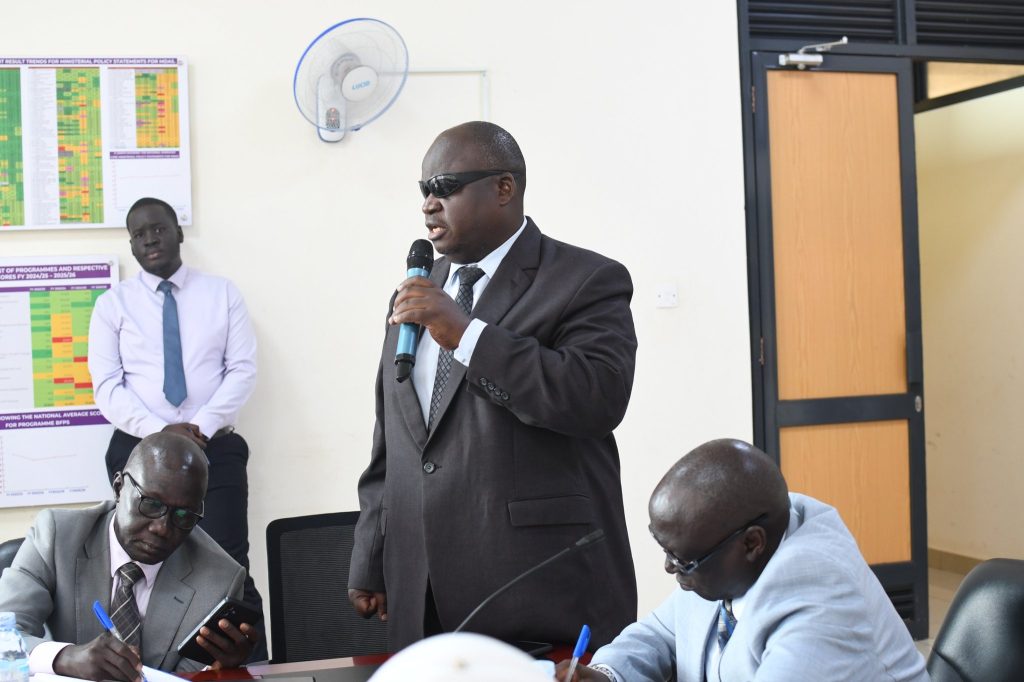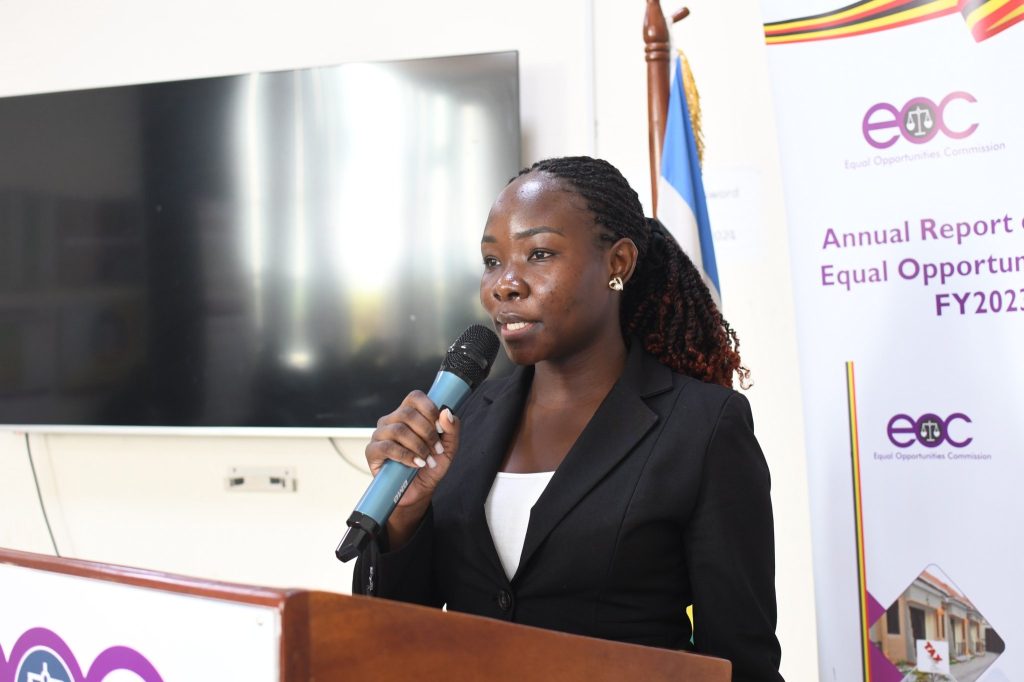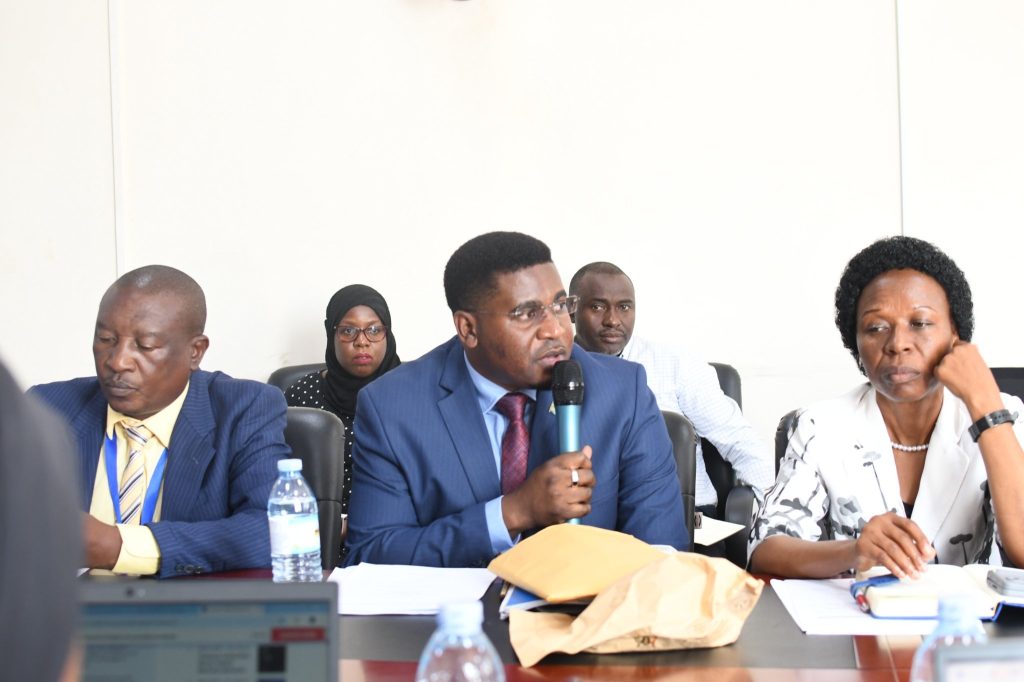
Introduction
In line with our constitutional mandate to eliminate discrimination and marginalization, the Equal Opportunities Commission convened a high-level stakeholder engagement to address the persistent challenges faced by pregnant learners in Uganda’s educational institutions, particularly within health training institutions. The engagement brought together representatives from the Ministry of Education and Sports, Ministry of Justice and Constitutional Affairs, the Solicitor General’s Office, the Uganda Health Professions Assessment Board, civil society organizations, development partners, and student representatives.
The meeting responded to growing concern about discriminatory practices embedded in some institutional rules and regulations, which undermine the rights of pregnant learners and contradict national and international human rights standards.
Background and Legal Context
Uganda’s 1995 Constitution guarantees the right to education for every person. Article 30 provides for access to education, while Article 21 prohibits discrimination on any grounds, including sex and pregnancy. The Children (Amendment) Act, 2016, and the Education Act further emphasize the best interests of the child and promote universal access and equity in education.
Despite this progressive legal framework, the reality for many pregnant learners especially in health training institutions remains one of exclusion, stigma, and silence. Institutional regulations often require mandatory lengthy leave of 6 months for pregnant students, fail to provide support systems, and lack clarity or exceptions for circumstances such as sexual abuse, defilement, or health complications. In some cases, pregnancy is criminalized under the guise of maintaining professional standards.
Key Issues Identified
Discriminatory Institutional Regulations
The Health Training Institutions Rules and Regulations (2023), particularly Regulation 9, were flagged for penalizing pregnant learners by mandating forced leave and denying re-entry without adequate justification or procedural safeguards. Male students found responsible for pregnancy are also subjected to suspension, yet with vague procedures for accountability and without support structures for co-parenting.
Criminalization of Pregnancy
The regulation explicitly states that any student who encourages abortion is “liable to prosecution and dismissal.” While intended to uphold Uganda’s laws restricting abortion, this clause lacks nuance, fails to acknowledge pregnancies arising from rape or incest, and deters students from seeking reproductive health services.
Lack of Supportive Infrastructure
Health institutions lack facilities to support pregnant students such as safe accommodation, maternity care access, psychosocial services, and flexible assessment schedules. This structural neglect renders re-entry difficult or meaningless for most young mothers.
Assessment and Practical Barriers
The Uganda Health Professions Assessment Board presented evidence that pregnant learners especially in their third trimester face physical and cognitive challenges that undermine performance in assessments. Current policies do not accommodate these realities, potentially jeopardizing the students’ academic records and future employability.
Cultural Stigma and Community Attitudes
Cultural norms in many Ugandan communities continue to shame and ostracize pregnant learners, often leading to expulsion, dropout, or forced marriages. Parental support systems are weak, and communities lack accurate information about re-entry policies and legal protections.
Recommendations from the Engagement
- Domesticate the 2020 Pregnancy Guidelines into Law
Participants agreed that the Ministry of Education’s guidelines on the prevention and management of teenage pregnancy should be transformed into binding regulations to ensure enforceability and accountability. - Amend Existing Legal Frameworks
The Education Act, Children Act, and related regulations should be amended to explicitly prohibit discrimination based on pregnancy and to guarantee the right to education and re-entry for young mothers. - Develop and Enforce Inclusive Policies in Health Institutions
Institutions must develop pregnancy-friendly policies with clear re-entry procedures, flexible assessment modalities, privacy safeguards, and maternal health support. - Capacity Building for Educators and Administrators
Teachers, instructors, and institutional managers should be trained on human rights, gender equity, and the psychosocial needs of pregnant learners. - Community Sensitization and Advocacy
The Ministry of Gender and civil society actors were urged to intensify efforts in community dialogue to dismantle harmful stereotypes and promote the dignity and rights of pregnant learners. - Ensure Justice for Pregnant Minors
The Solicitor General’s office committed to fast-tracking prosecutions in defilement cases and ensuring the criminal justice system holds perpetrators accountable. Teenage pregnancy is often a result of abuse, not consent. - Data Collection and Monitoring
There is a pressing need to improve data collection on teenage pregnancy, school dropout, and re-entry trends to inform policy and program interventions.
Conclusion
The Equal Opportunities Commission reaffirms its commitment to eliminating all forms of discrimination and promoting inclusive development, in line with the principle of “leaving no one behind.” Pregnant learners are not criminals. They are rights-holders entitled to dignity, education, healthcare, and opportunity.
The Commission will continue to engage relevant government agencies and institutions to ensure that laws, policies, and practices uphold the constitutional rights of all learners regardless of gender, age, or pregnancy status.
Together, let us build a Uganda where motherhood is not a barrier to education and opportunity.
